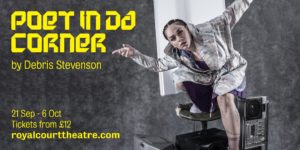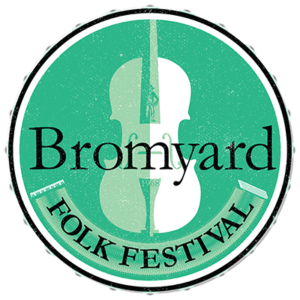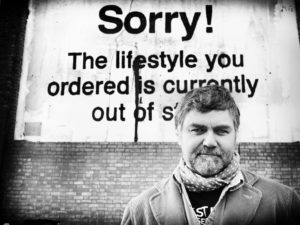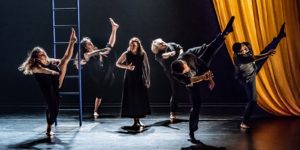
Photo credit: © CLIVE BARDA/ArenaPAL;
Wales Millennium Centre, 23 October 2018
Review by Judi Hughes
 (4 / 5)
(4 / 5)
Passion is a work for voice and body, dance and opera, written by French composer Pascal Dusapin. Written in 2008 it is based on the Orpheus legend. This production was created in collaboration by NDC Wales and Music Theatre Wales.
Directors: Michael McCarthy & Caroline Finn
Conductor: Geoffrey Paterson
Him: Johnny Herford (Baritone)
Her: Jennifer France (Soprano)
Design: Simon Banham
Lighting design: Joe Fletcher
Sound: Sound Intermedia
Dancers: Cyril Durand-Gasselin, Nikita Goile, Ed Myhill, Julia Rieder, Malik Williams, Queenie Maidment-Otlet
Vocal Ensemble: EXAUDI
Ensemble: London Sinfonietta
To give some context to this review, I decided to see Passion for several reasons: I like the work of NDC Wales, I have seen some of Caroline Finn’s choreography and feel I like and appreciate the way her mind works; I have seen several pieces by Music Theatre Wales and like the alternative aspect that they bring to their work; I have seen some great dance with live music and more recently I have begun to appreciate opera. A contemporary performance that puts all these things together seemed to be something I shouldn’t miss.
Grateful to the programme for some useful advance information, I was armed with the basis of the story based on the Orpheus legend and the roles that the characters played. I was a bit disappointed with the publicity for the show, which gave no indication of the splendidly staged production that I was about to see.
I sat in the audience waiting for this opera dance to begin and when it began I thought, ‘how is this going to work then?’ Slowly and step by step all the elements grew together and what seemed to be impossible came together to make the whole.
The lighting & design were amazing and essential parts of this production. All the elements of dance, opera, live music, vocals and soundscape worked together and were enveloped by it. The blue ladder was so engaging that it was almost another character and watching the production scene by scene became like seeing a series of beautiful paintings over and over again.
At first the ‘others’ seemed surplus but gradually they were woven into this complex collage, responding to the music and soundscape, giving rhythm and life to the work. The sounds of an intake of breath were haunting, nightmare-like and helped to create the atmosphere of the imagined underworld.
The quality of choreographer and skill of the dancers worked seamlessly alongside the male and female opera singers. Both had strong voices and whilst I couldn’t always make out the words, their interpretation and vocal agility was wonderful to hear. Together they told this tale of lost and dying love, dramatic and ethereal in their presentation.
The stunning imagery created by the set and lighting designers, especially commissioned for this project are absolutely central to the work. Production images by Clive Barda are available on the Music Theatre Wales website: http://musictheatre.wales/productions/passion
‘Lighting always plays a big part in the emotional dramaturgical path…the set is absolutely beautiful. Simon’s work is such a joy to light because it has this wonderful contrast in texture and colour…’ Joe Fletcher, Lighting Designer on Simon Banham’s design.
All credit must go to what must have been an incredible amount of hard work from all of the performers, creators and collaborators. I was unexpectedly riveted to the story they told and absorbed in the whole aspect of the show.
The production is currently touring and can next be seen at
Tuesday 6 November
Saturday 10 November

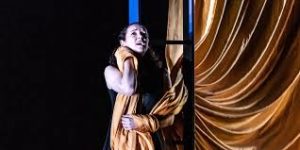
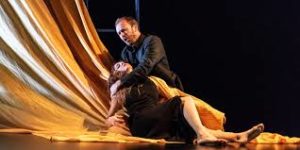

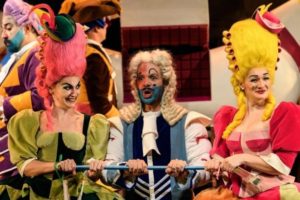
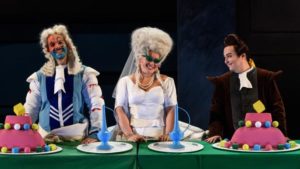
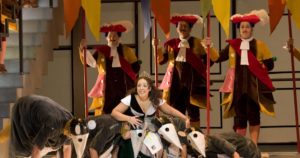
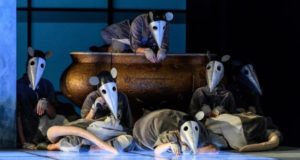


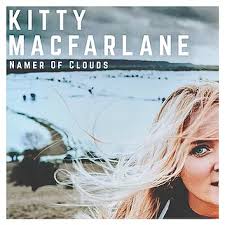

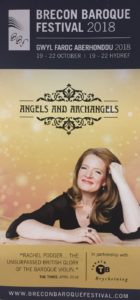
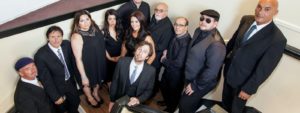
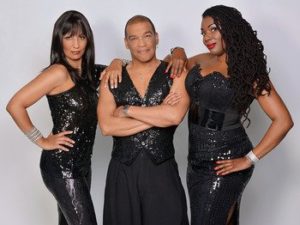
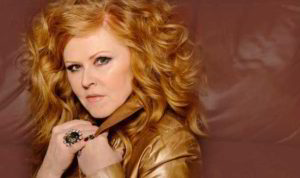
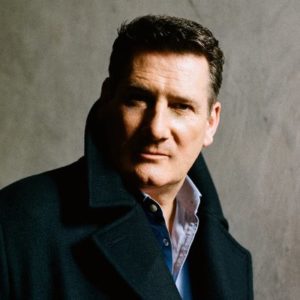
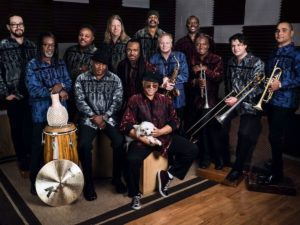
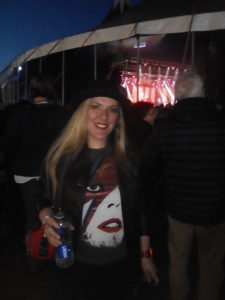

 (4.5 / 5)
(4.5 / 5)


